David Lucas Founded a Design Firm With His Sisters — and Found LGBTQ+ Acceptance
| 10/27/21
By continuing to use our site, you agree to our Private Policy and Terms of Use.
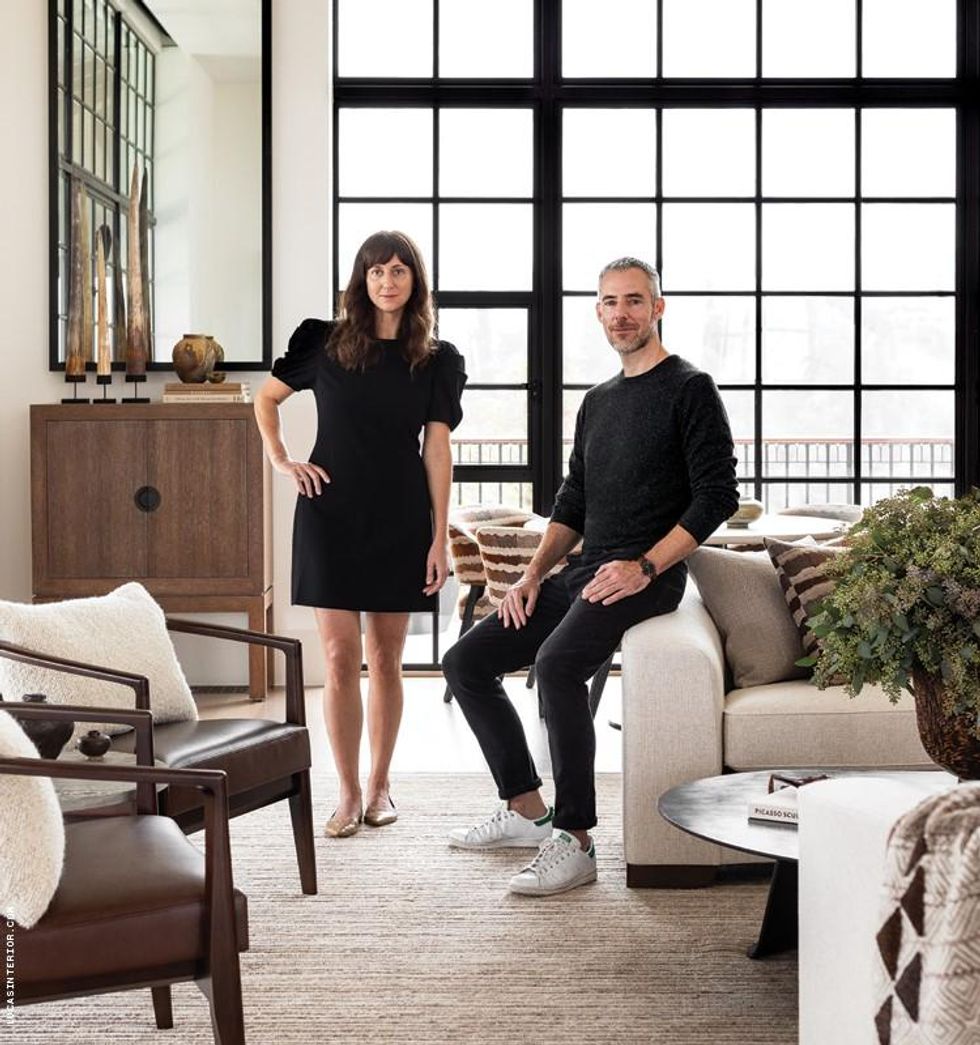
The siblings -- David, Suzie, and Rachel -- founded their eponymous studio, Lucas (LucasInterior.com), in 2012. In doing so, they harmoniously combined their respective skills of interior architecture, materials and furniture, and business savvy. Natives of New York, they are now based in Seattle, where they offer their talents to clients seeking refined residential design.
For David, the best part of his job is having his sisters in his everyday life. Suzie is an "incredible collaborator in the design process," he shares. "I think the fact that we are siblings allows us to be more candid with each other about things that work or don't work. She has no problem telling me when I am wrong about something, which I admit can be annoying but also extremely helpful! Working with family helps me stay rooted in the things that are important."
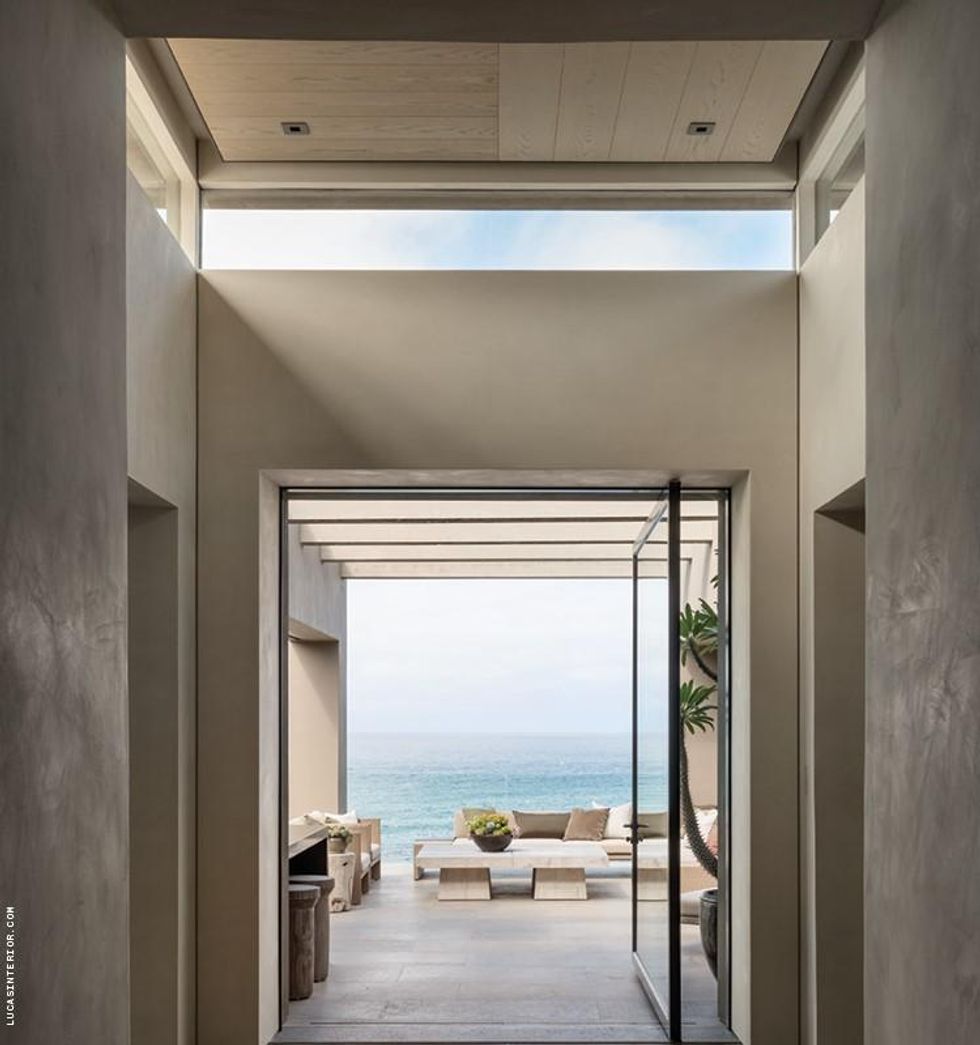
Being candid wasn't always a luxury afforded to David in his career. Prior to Lucas, he worked his first job at an architecture firm, where he was "extremely cautious about letting anyone know that I was gay." Not that he expected any real issues at his workplace. But it took some time to feel comfortable in coming out about his identity as well as his true professional interests.
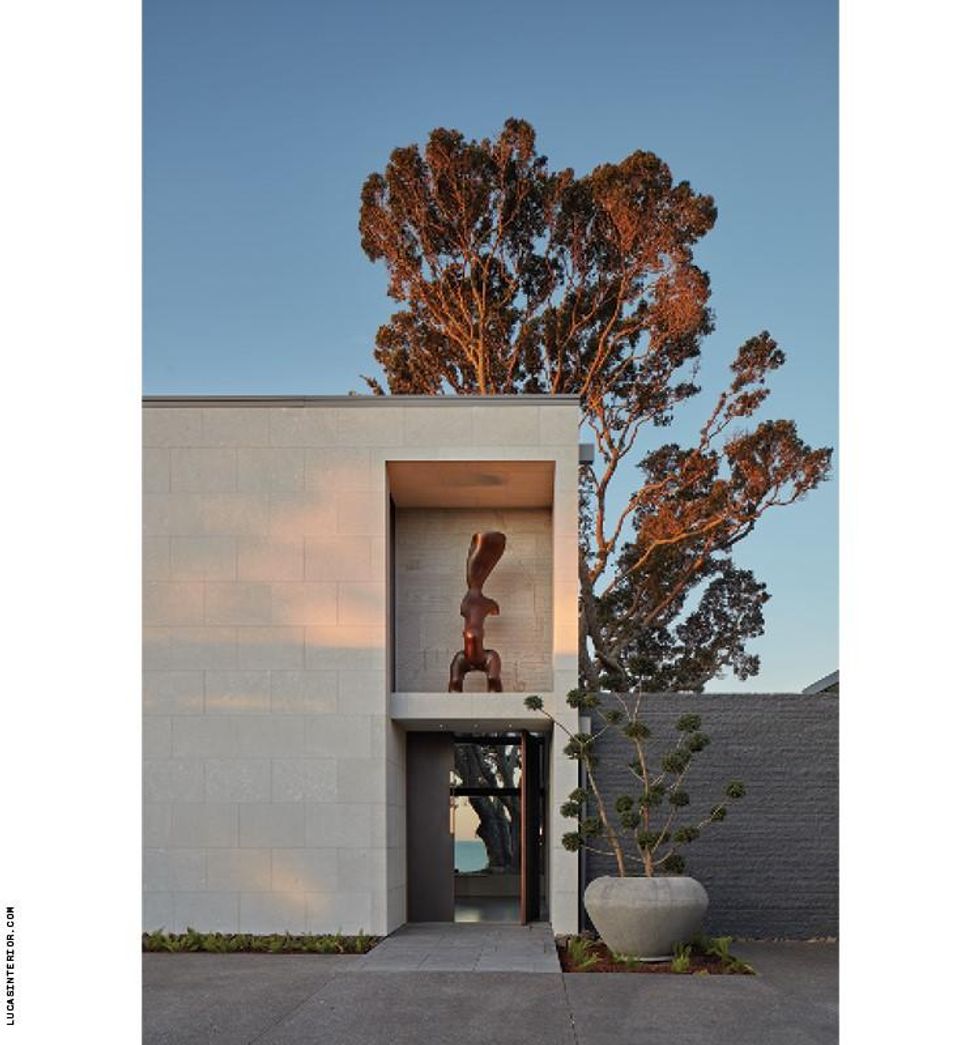
"I think I had always been drawn towards interiors, but my own internal homophobia kept me from embracing this direction earlier on in my career as I always saw it as a giveaway that I was a gay man," admits David, who now sees his niche as falling within "the gray area between architecture and interiors."
"When I realized that shifting more towards interiors would allow me artistic license to focus on what most interested me in design, I just stopped caring about what people thought about me being gay," he says. "Luckily, the design community, in my experience, has always been more progressive than other industries."
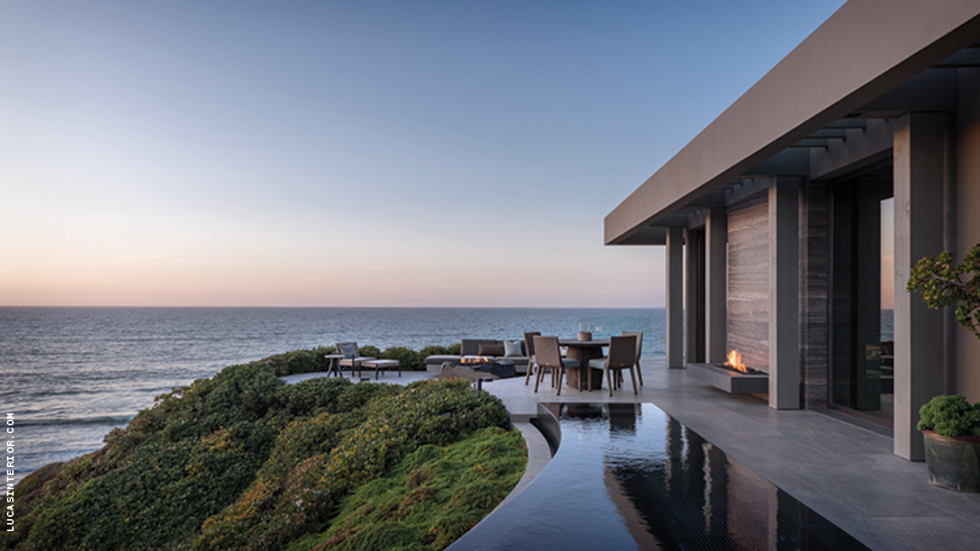
It is within this community that he found acceptance as well as insight into how his industry, through inclusion, can open doors for other marginalized groups. He points to public restrooms -- which, in addition to being part of the culture wars regarding access for transgender people, are woefully lacking throughout the United States -- as "a design issue which needs new eyes and perspective."
"The old model clearly has issues in terms of inclusivity, income disparity, hygiene, safety, etc. There is an amazing opportunity here for design, which will require a collaborative approach and many perspectives to get it right," he says.
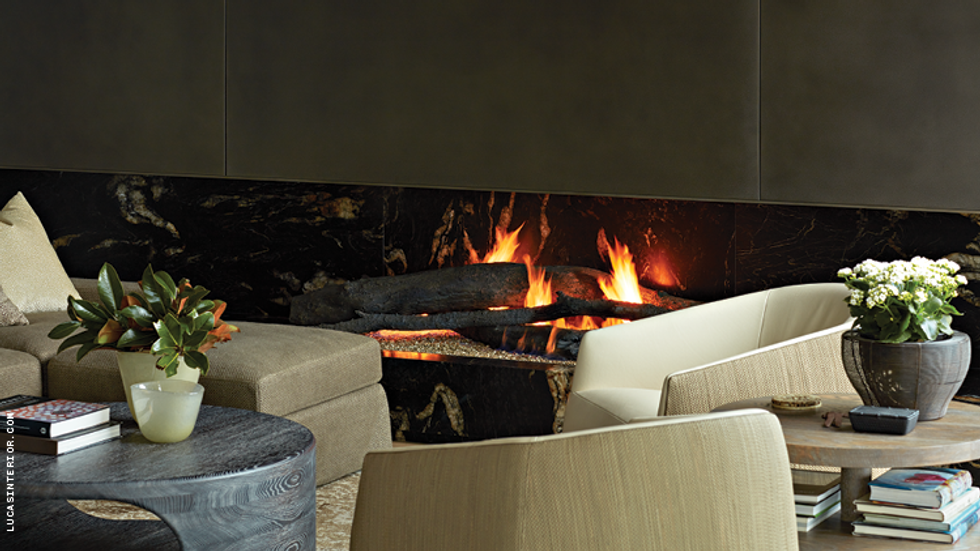
David has always had a passion for architecture and design. He recalls, as a child, visiting the homes of friends "and making note of the things in the space that made it interesting or terrible." This trait didn't always make him popular with parents.
"I would often spend time sketching ideas for fixing the problems I saw or take inspiration and use elements from them to design new spaces," he says. "Friends' parents were a little scared of me. I guess no one wants a 10-year-old giving them advice on their home."
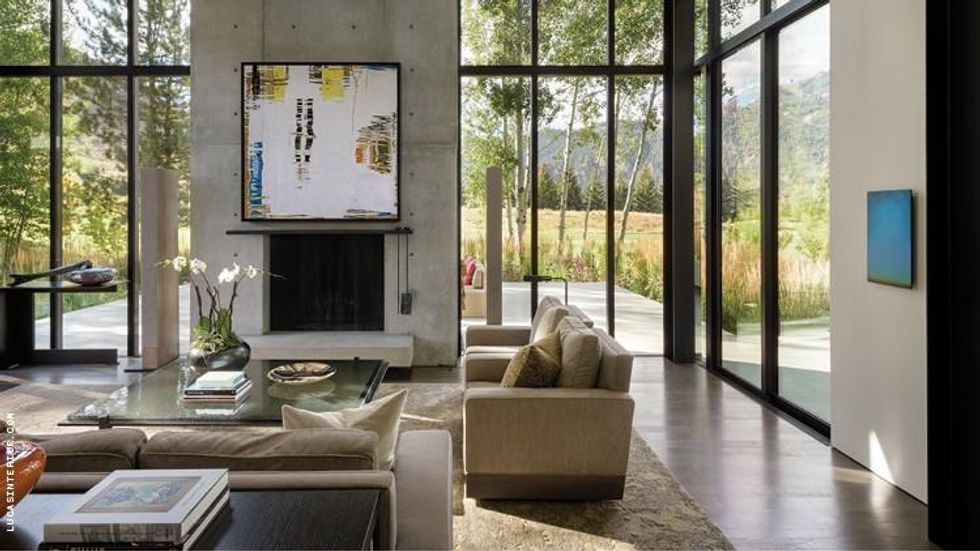
Now he gets paid for this advice. At Lucas, "we consider how the function affects the architectural form and how furniture will live within the space to support that function," he says. "It is a dialogue between interior and architecture. All of this is considered through the lens of a particular client's lifestyle and legacy -- what we are creating for them should be timeless."
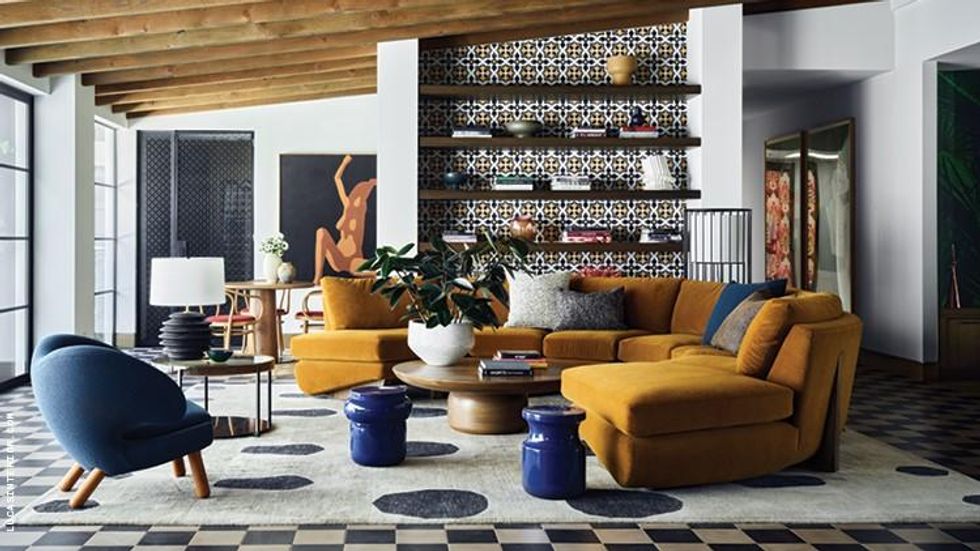
Seeing into different people's lives -- and how they can vary so greatly -- is a highlight of David's job. As one memorable example, he recalled a "wonderful client" with unusual requests for her abode. "We got to create a home oasis for her complete with a two-story closet, private sitting room with bar and coffee station, display room for her prized shoes and accessories, massage room, and spa," he says. "This was where she would spend most of her time in the house, so it was really important that it be a sanctuary for her."
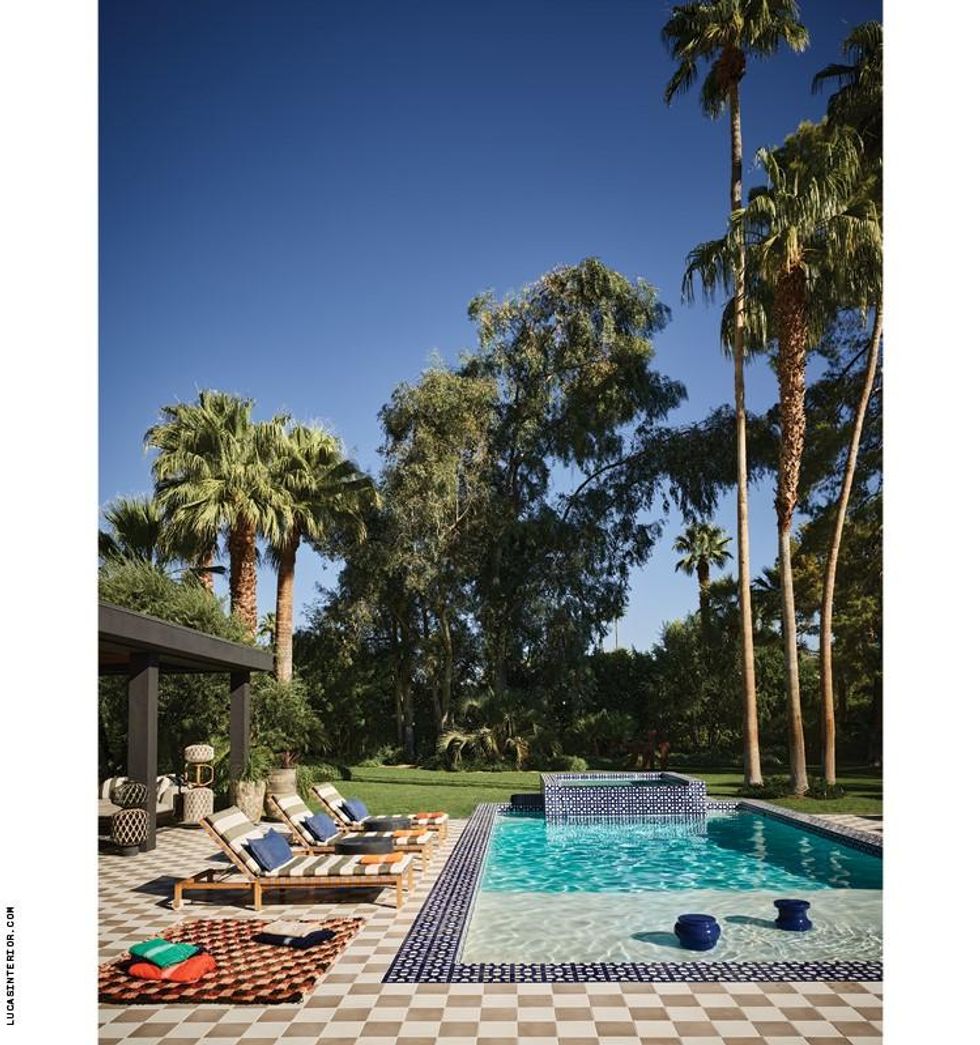
For those seeking to add elegance to their homes -- without the immediate support of a posh studio -- David offers some advice: Seek out good value, "have fewer things of better quality," and consider the shape of things.
"When it comes to our personal spaces, objectively consider what works and what doesn't, what you have the ability to change, and don't be afraid to edit. In my opinion, everything looks better when it has room to breathe!" he says. "Get rid of things you don't need. Consider the layout of your space. Make sure that the way that furniture is arranged supports how you want the room to function."
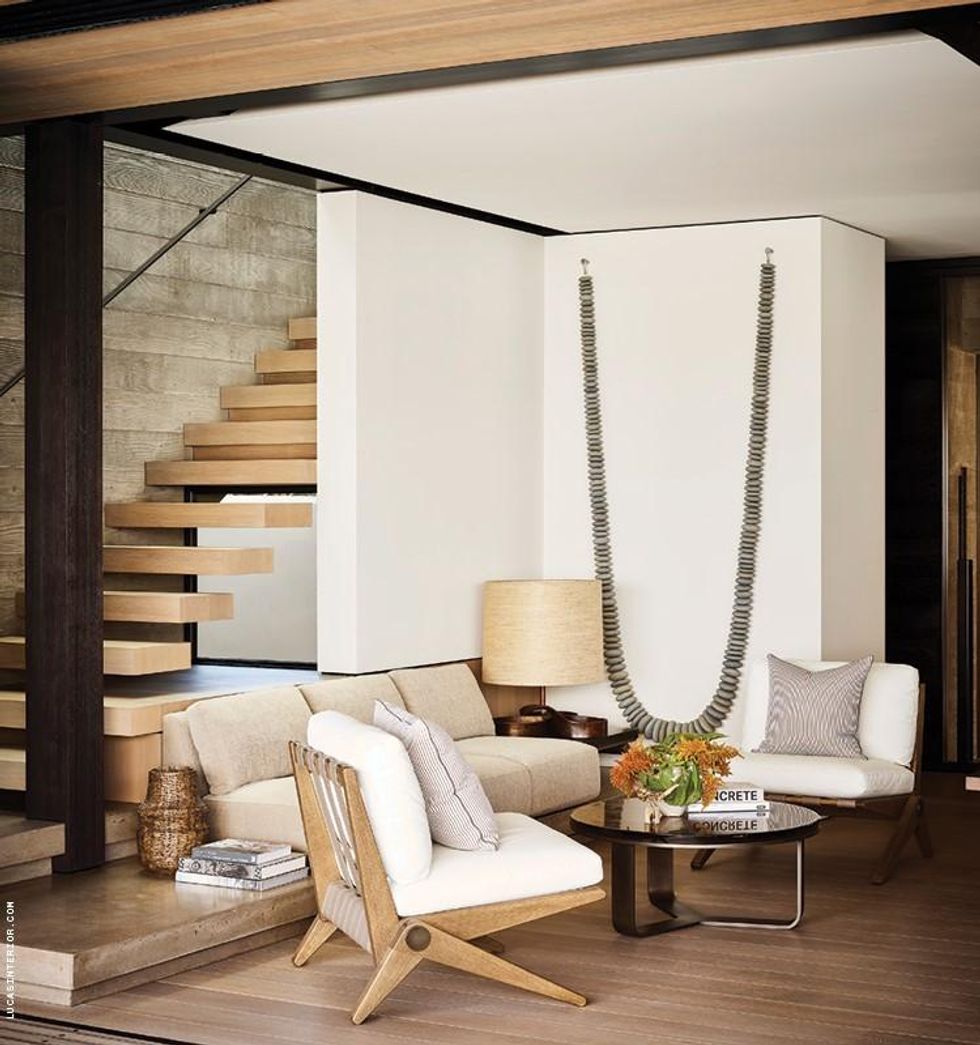
"Art is an important element in making a space feel elevated," he adds. "Find one or two pieces that speak to you and let them create that elegance. Art doesn't have to be expensive. We have found reasonably priced paintings from unknown artists on the walls of local coffee shops. Having art professionally framed is important. It is amazing what a nice frame can do. All of this will be for nothing if you don't take into consideration your lighting! Be thinking about how you can create a few layers of lighting -- lamps, accent lighting, etc. It will make a huge difference in your space."
Design isn't a luxury, David says. In many ways, it's a personal investment. "Feeling good about our homes makes us feel better about ourselves and sets us up for better lives out there in the world," he says. "I believe this."
This article is part of Out's 2021 Design issue, which is now out on newsstands. Ahead of Out's 300th issue, we are running a $3 promotion for a one-year subscription. Subscribe now (the promotion ends on December 1) and ensure you will receive the 2021 Out100 issue. Otherwise, support queer media and subscribe outside of the promotion -- or download yours for Amazon, Kindle, Nook, or Apple News.
Daniel Reynolds is the editor-in-chief of Out and an award-winning journalist who focuses on the intersection between entertainment and politics. This Jersey boy has now lived in Los Angeles for more than a decade.
Daniel Reynolds is the editor-in-chief of Out and an award-winning journalist who focuses on the intersection between entertainment and politics. This Jersey boy has now lived in Los Angeles for more than a decade.